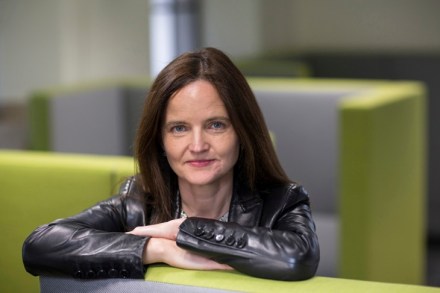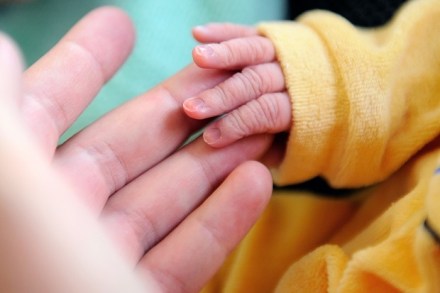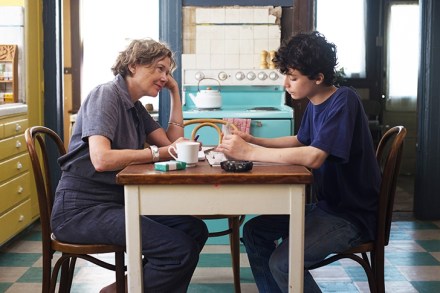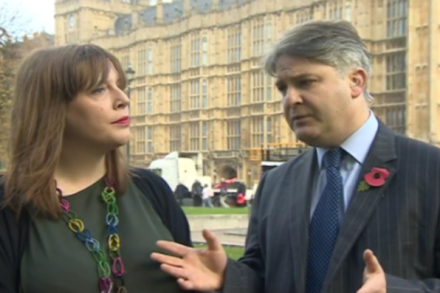Spot the endangered species: white men grab the chairs while Hogg loses her job
Tesco chairman John Allan provoked feminist fury by telling would-be non-exec directors, ‘If you’re a white male, tough: you’re an endangered species’ — then claimed he was really trying to make the opposite point, that ‘it’s a great time for women’. But to the contrary, this was a week in which tough white males grabbed the corporate prizes, while one high-flying woman from an oppressed minority was hounded out of her job. First, the blokes. HSBC announced, for the first time in its history and to the satisfaction of governance zealots, the appointment of an outside chairman. Incumbent Douglas Flint is to be succeeded by Mark Tucker, a former professional




















